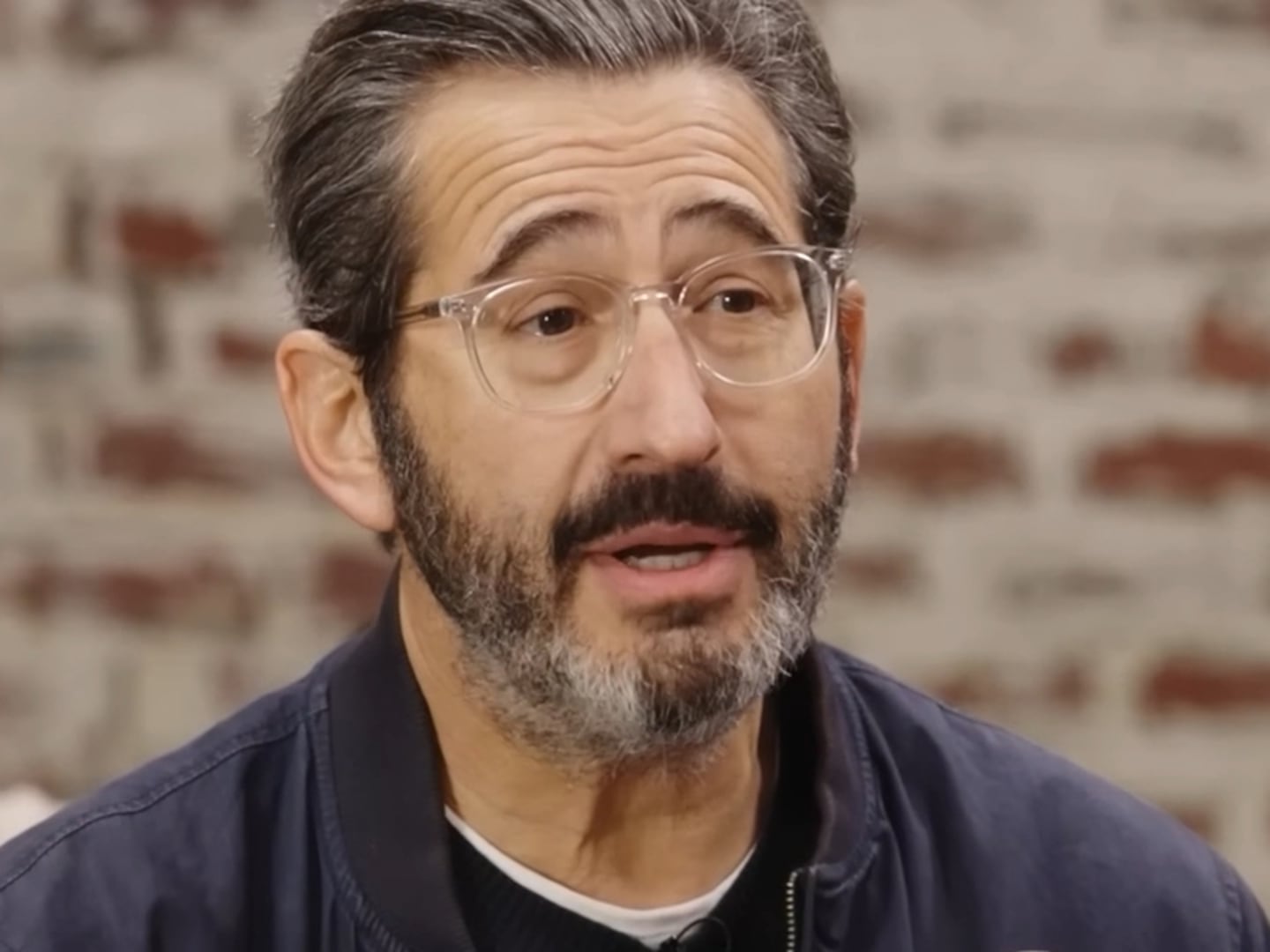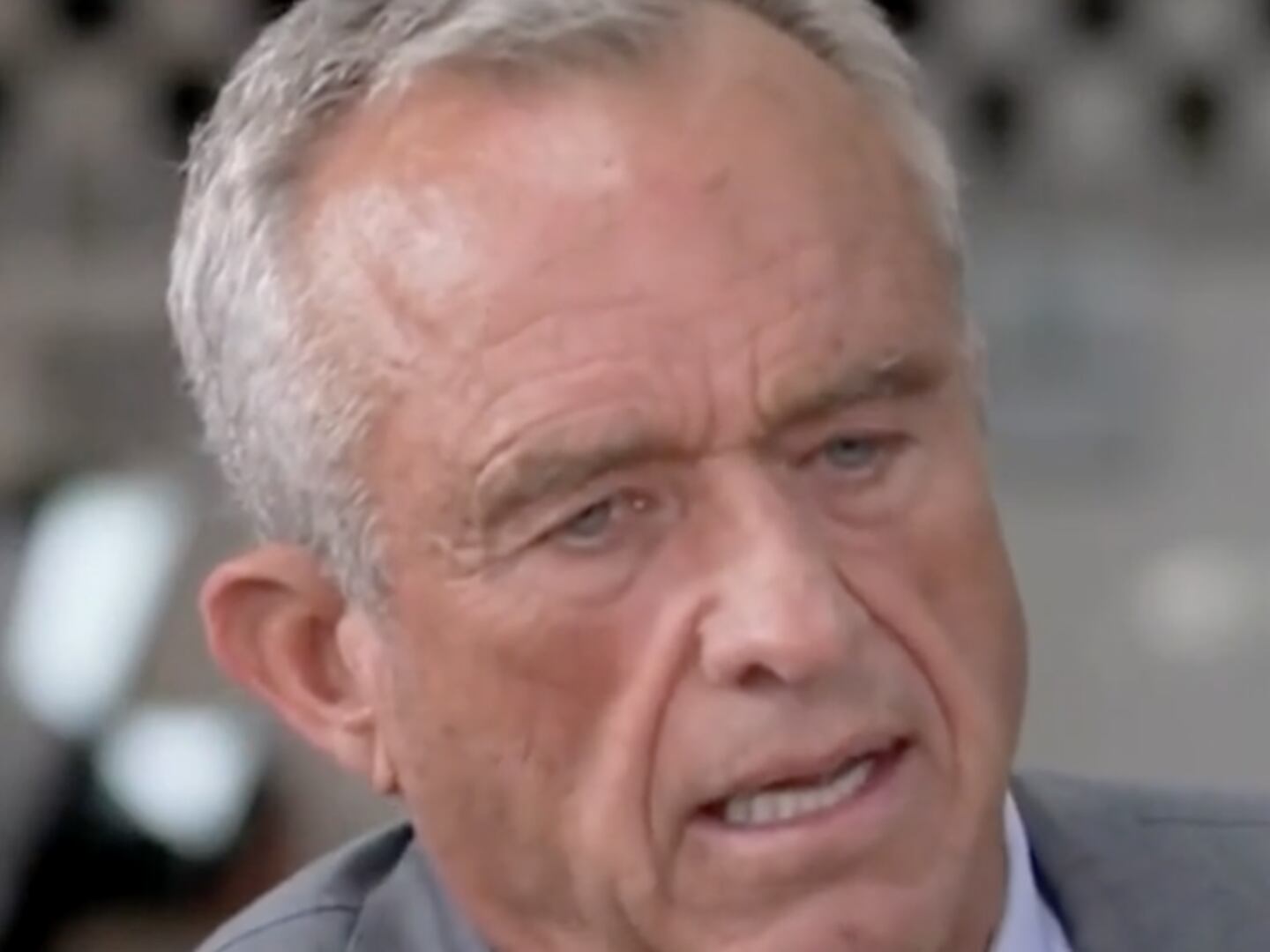Crime & Justice
Photo Illustration by Elizabeth Brockway/The Daily Beast/Getty
A Bullet in a GOP Office, a Psych Patient, and a Gun Loophole
‘DANGEROUS GAP’
Andrew Sprecher was institutionalized for allegedly threatening a mass shooting. He still passed a background check to legally buy a Glock.
exclusive

Trending Now




